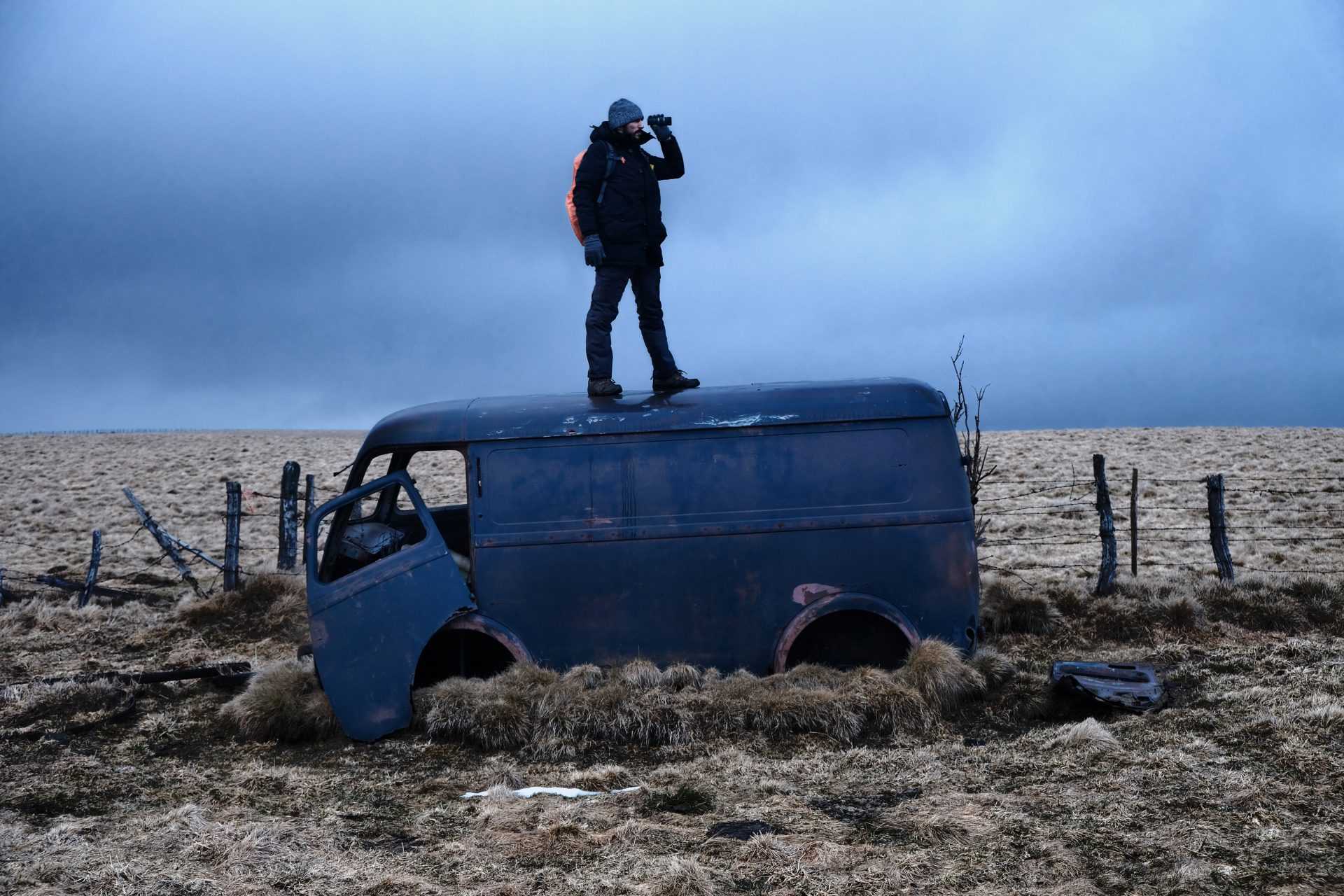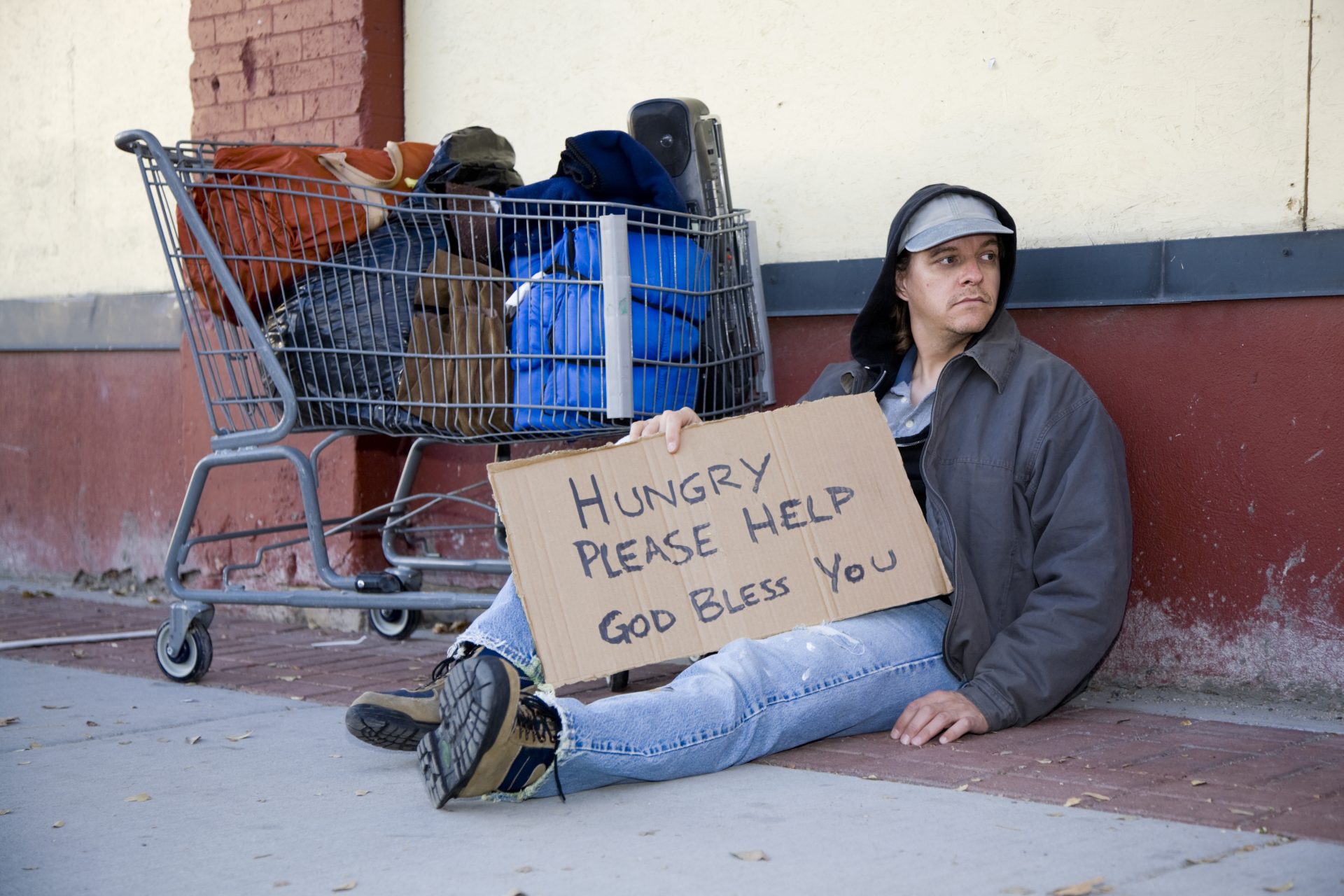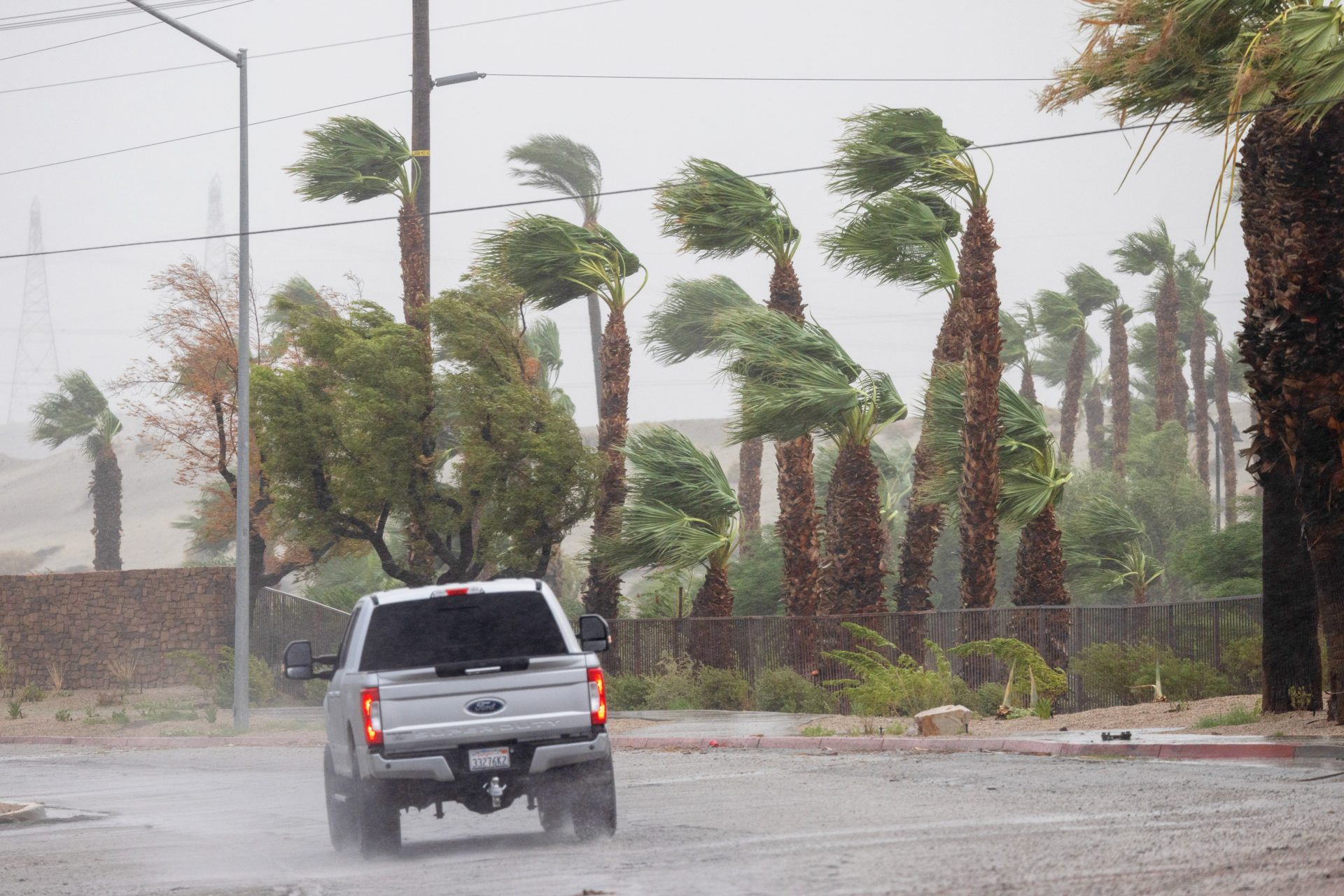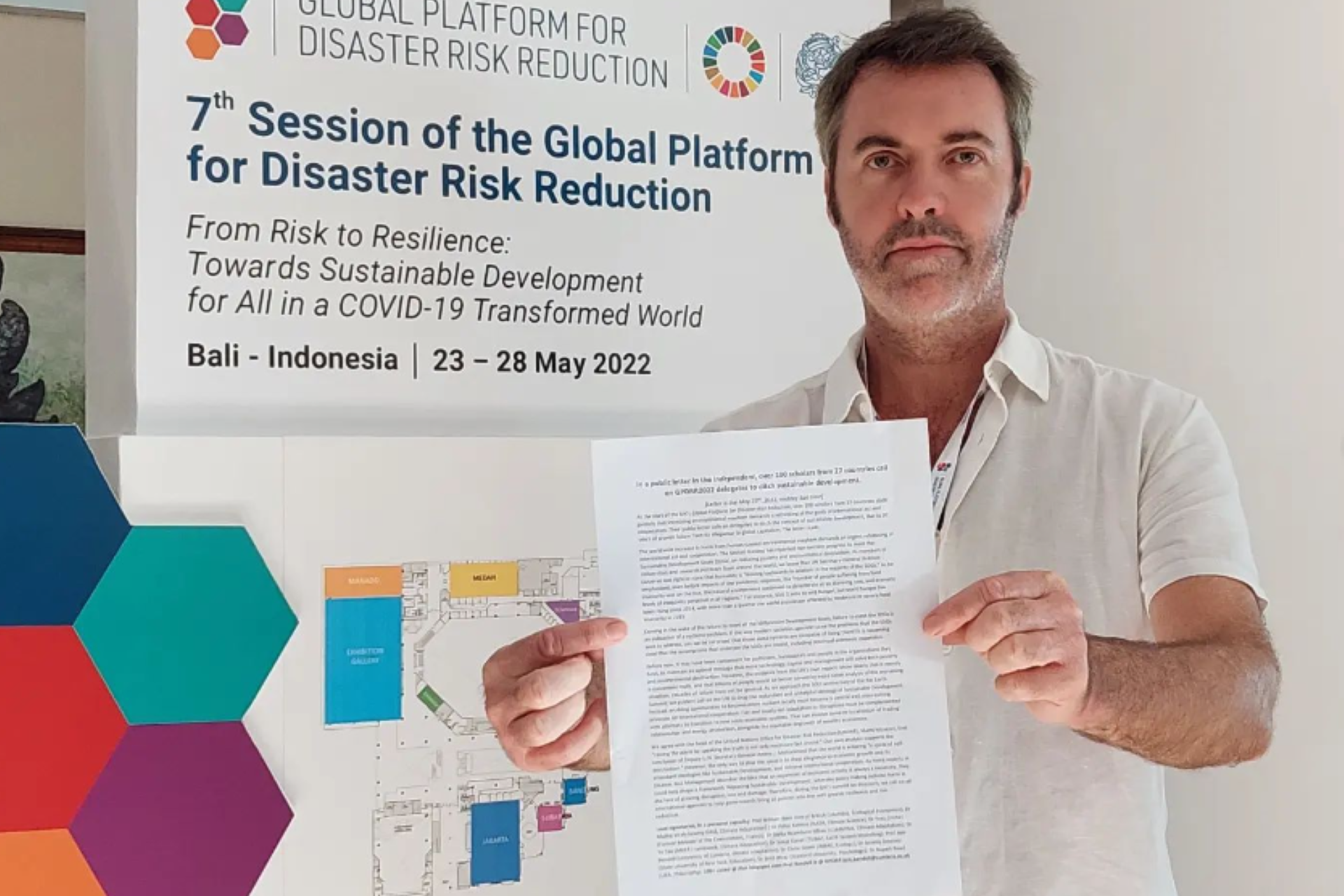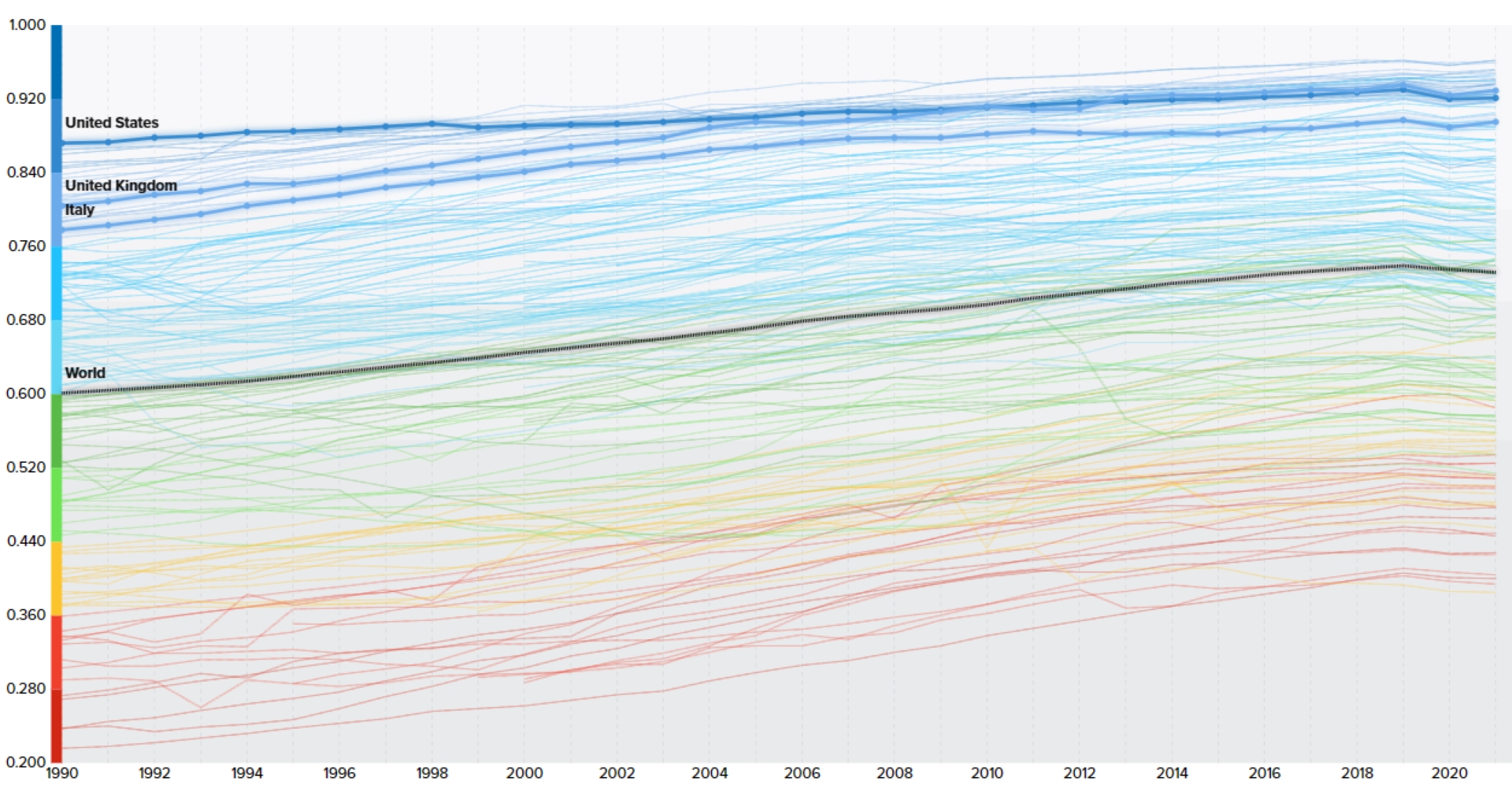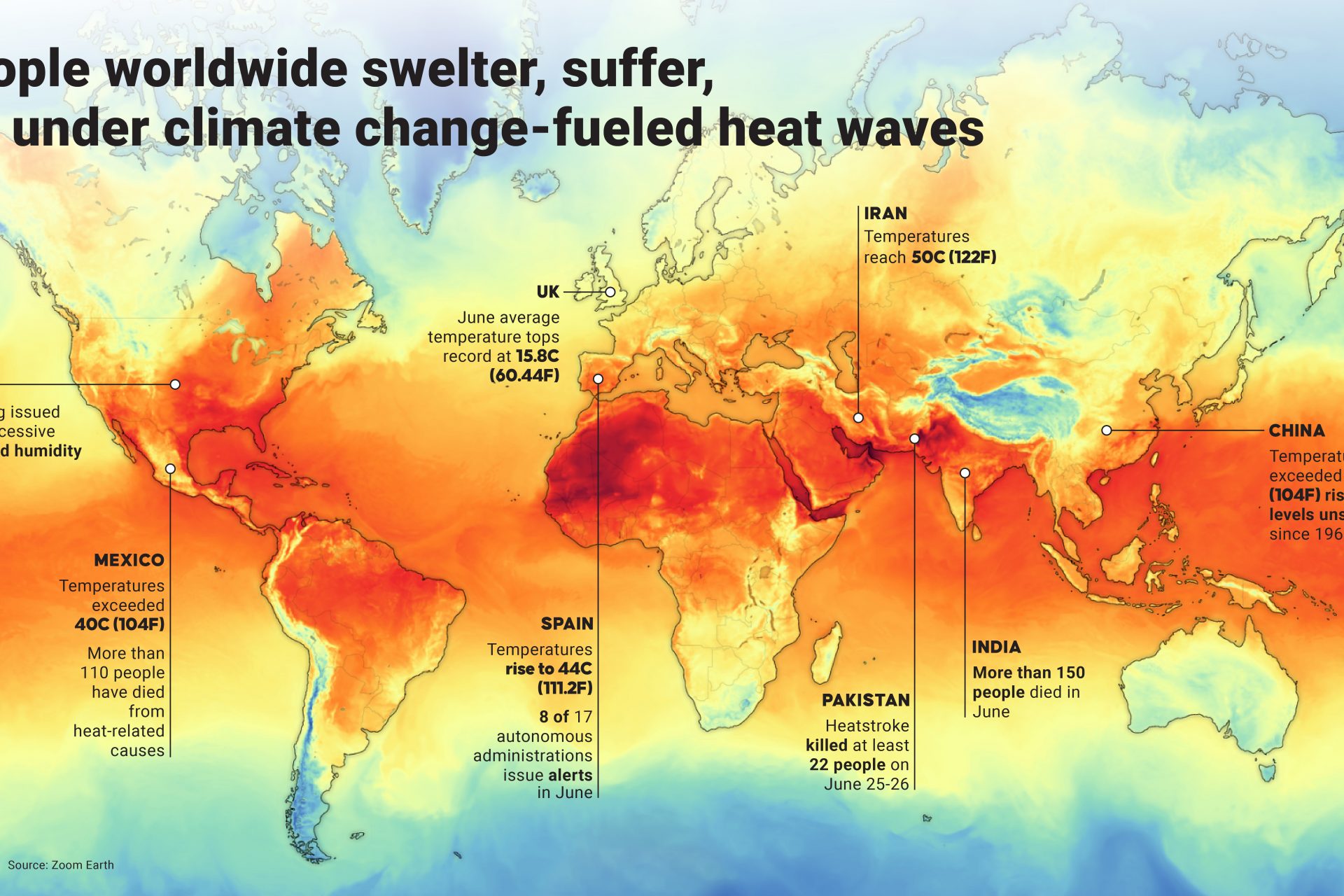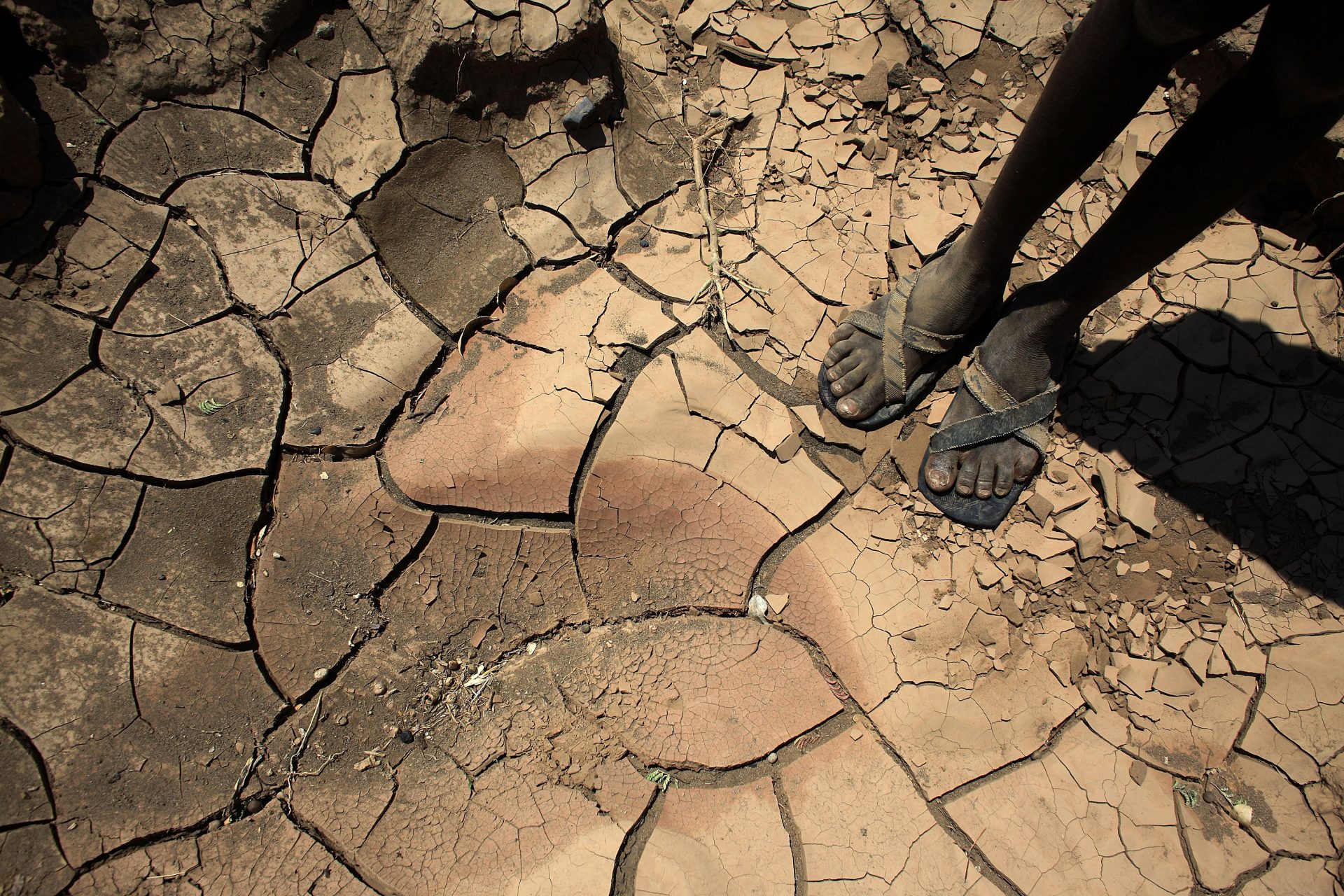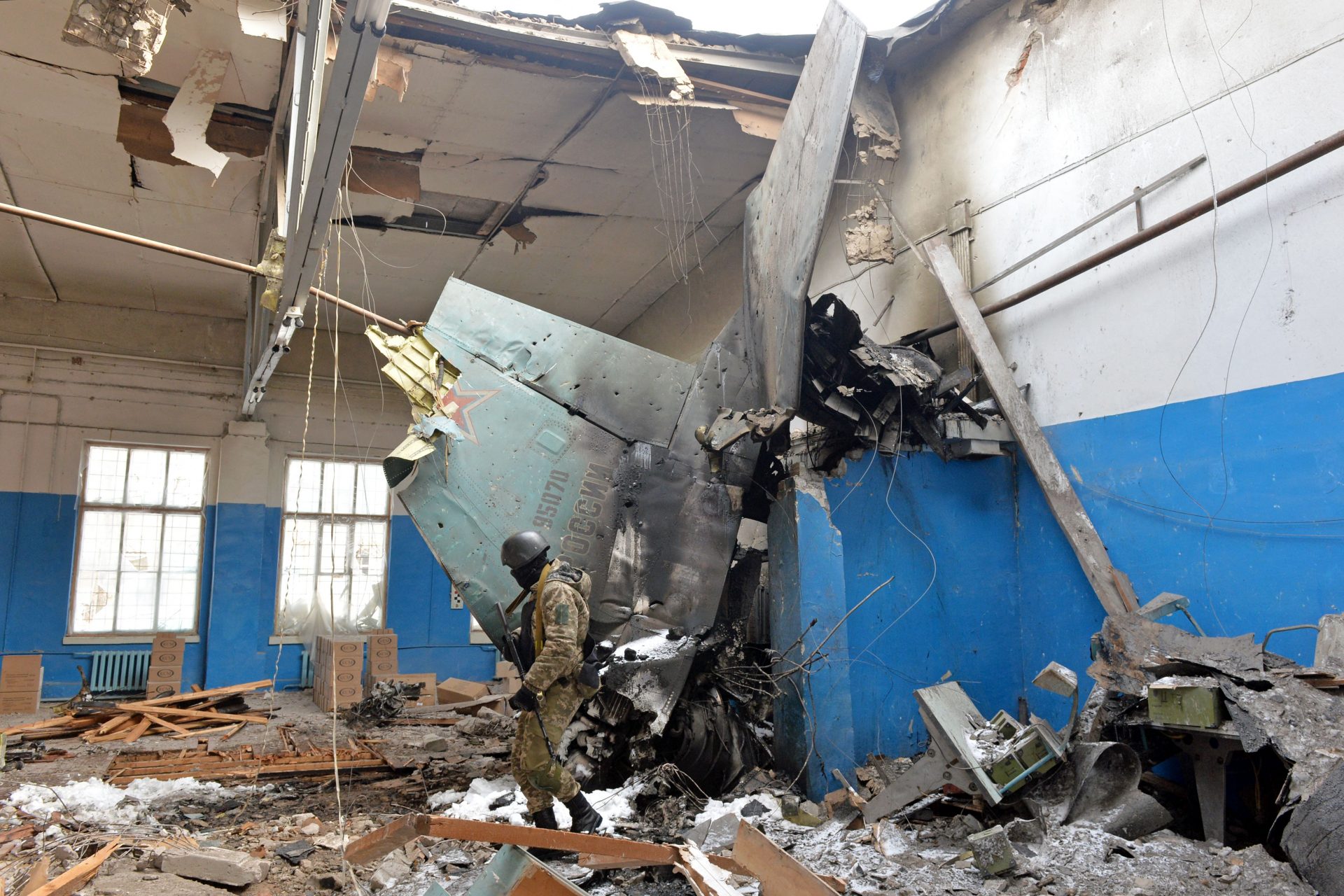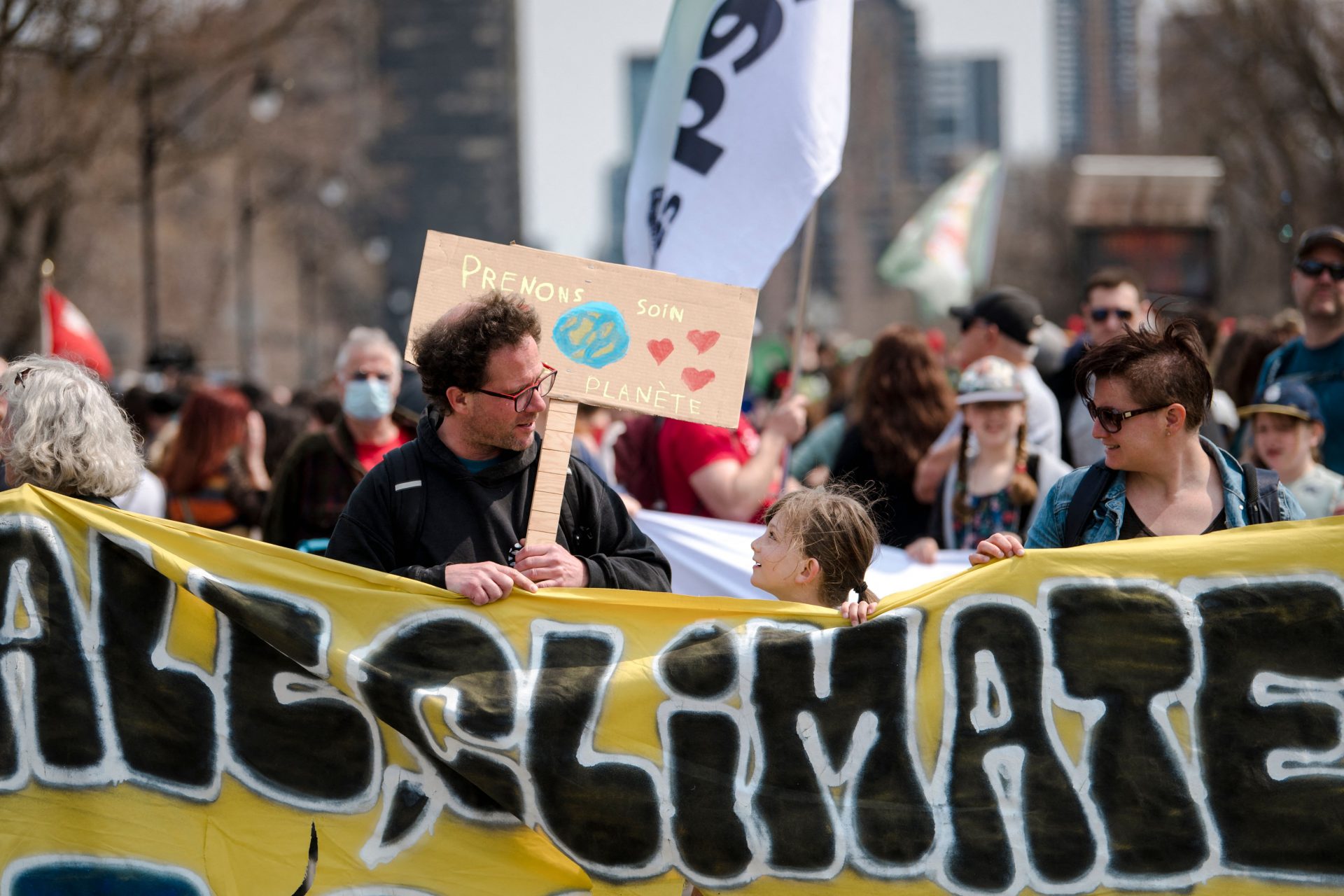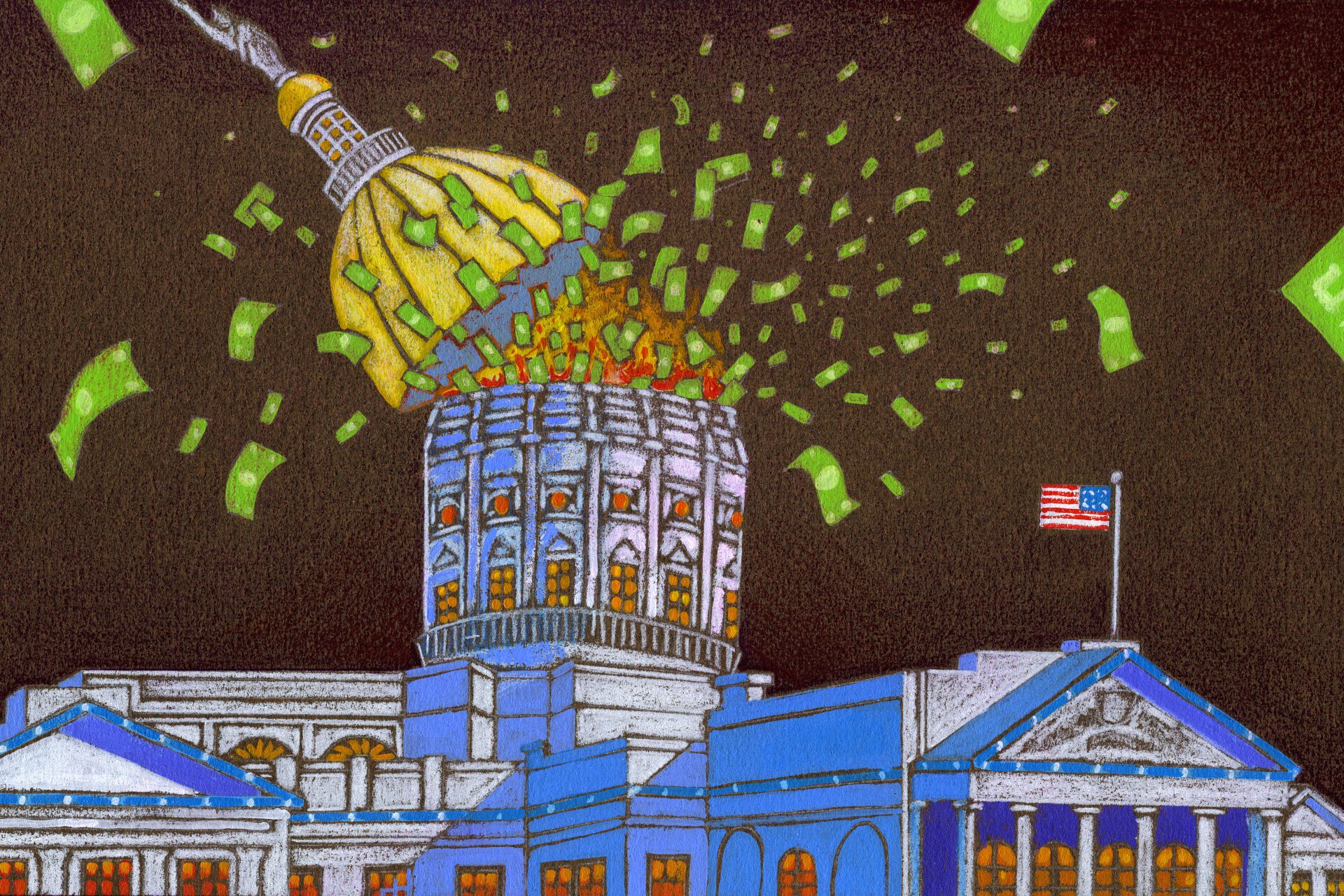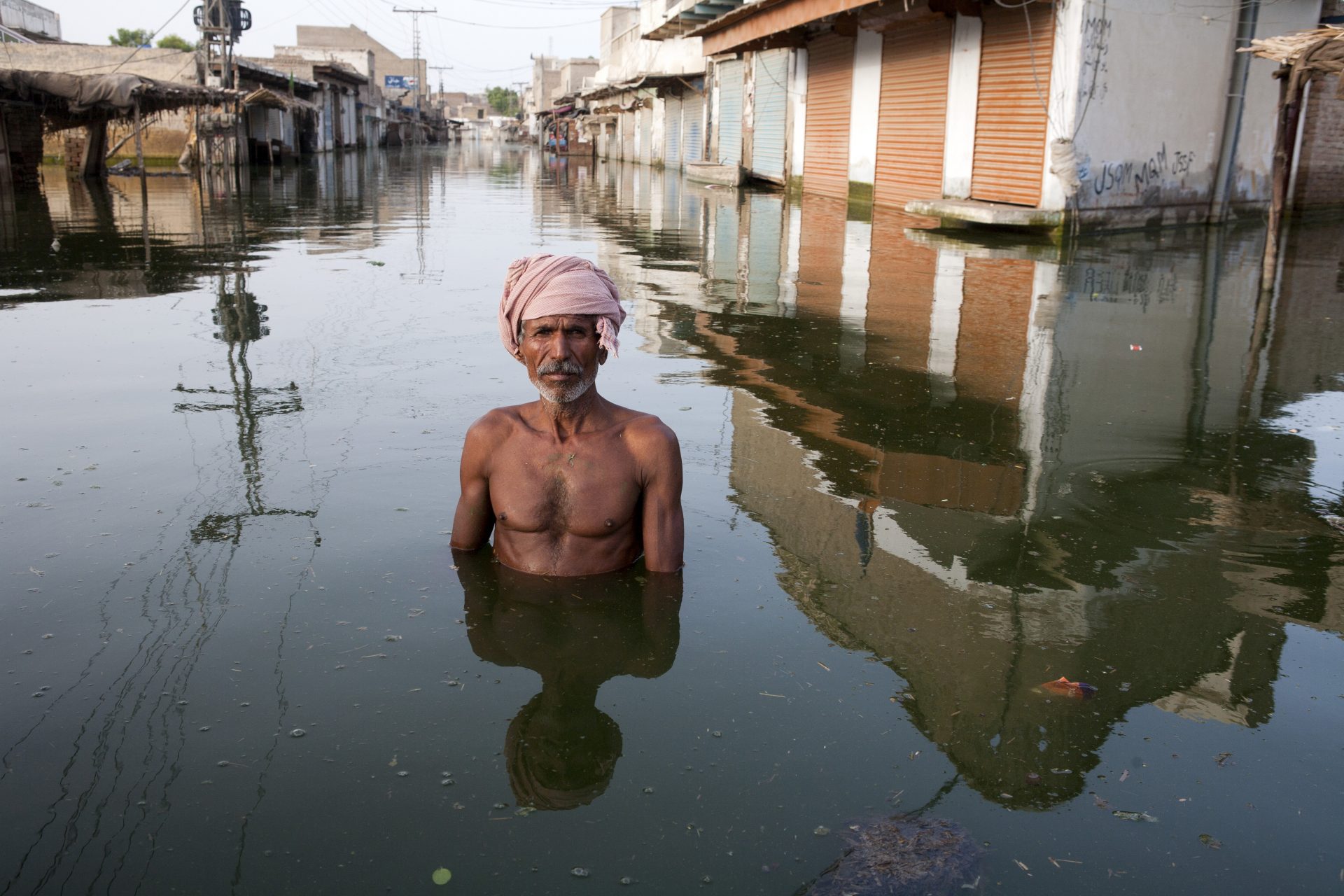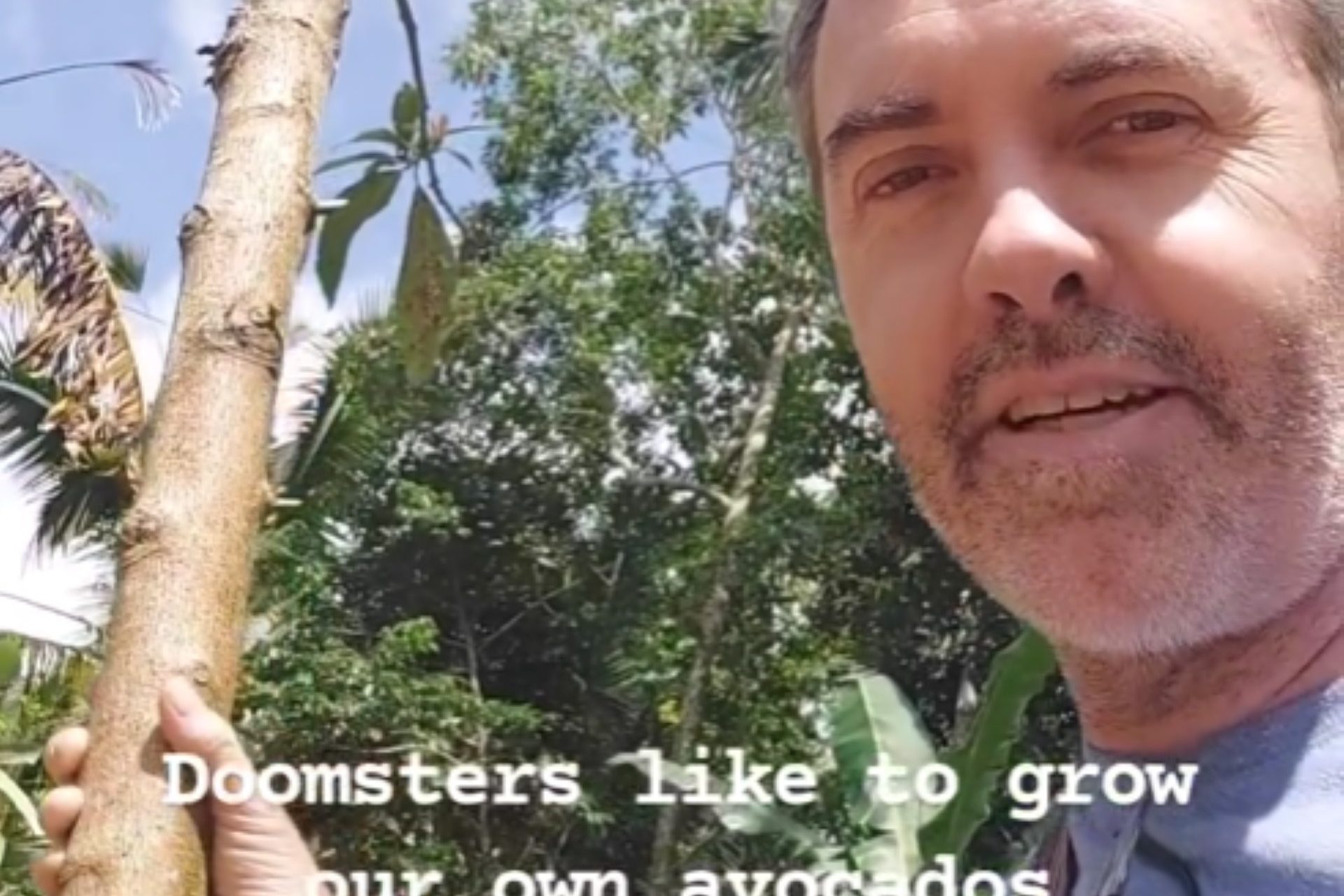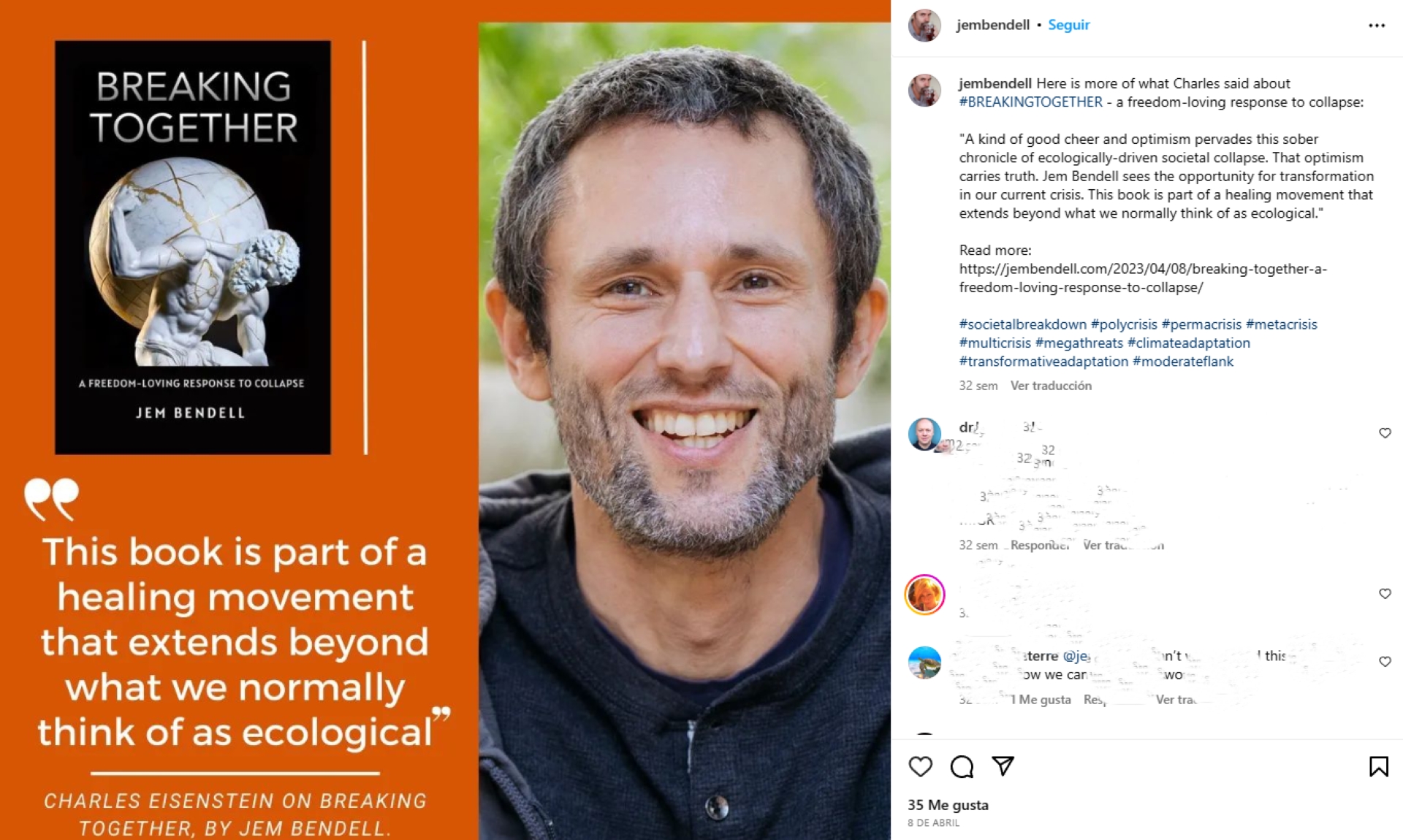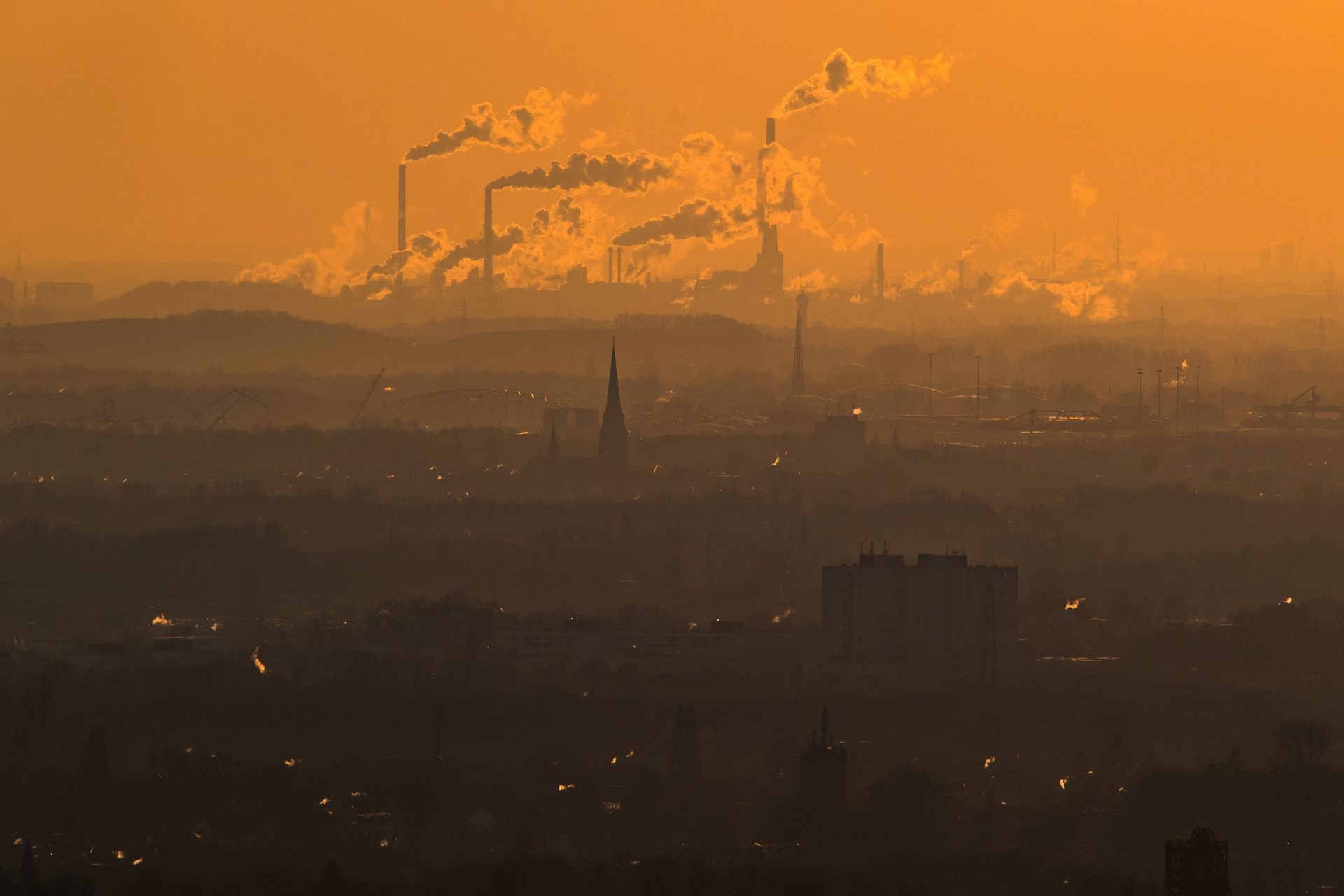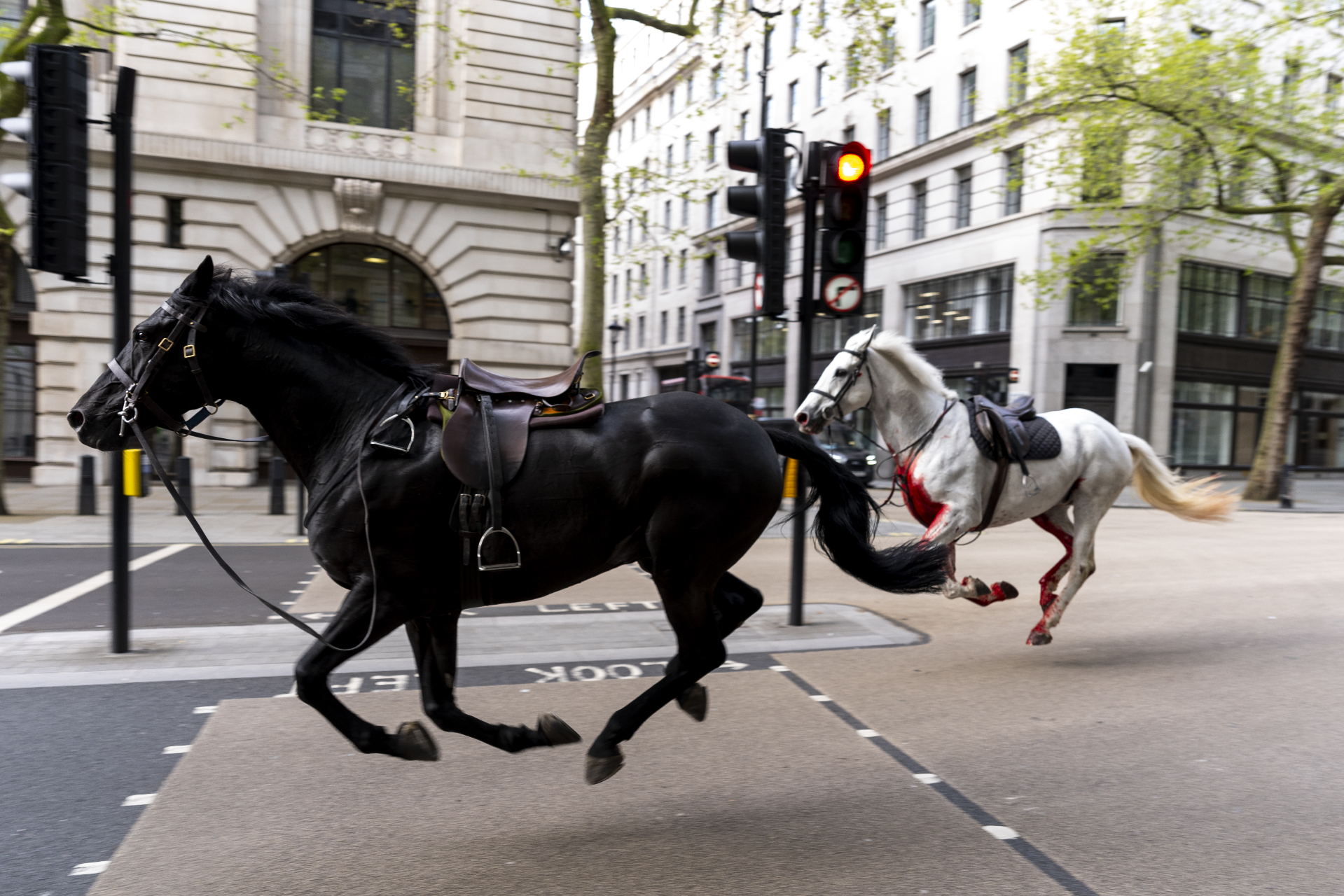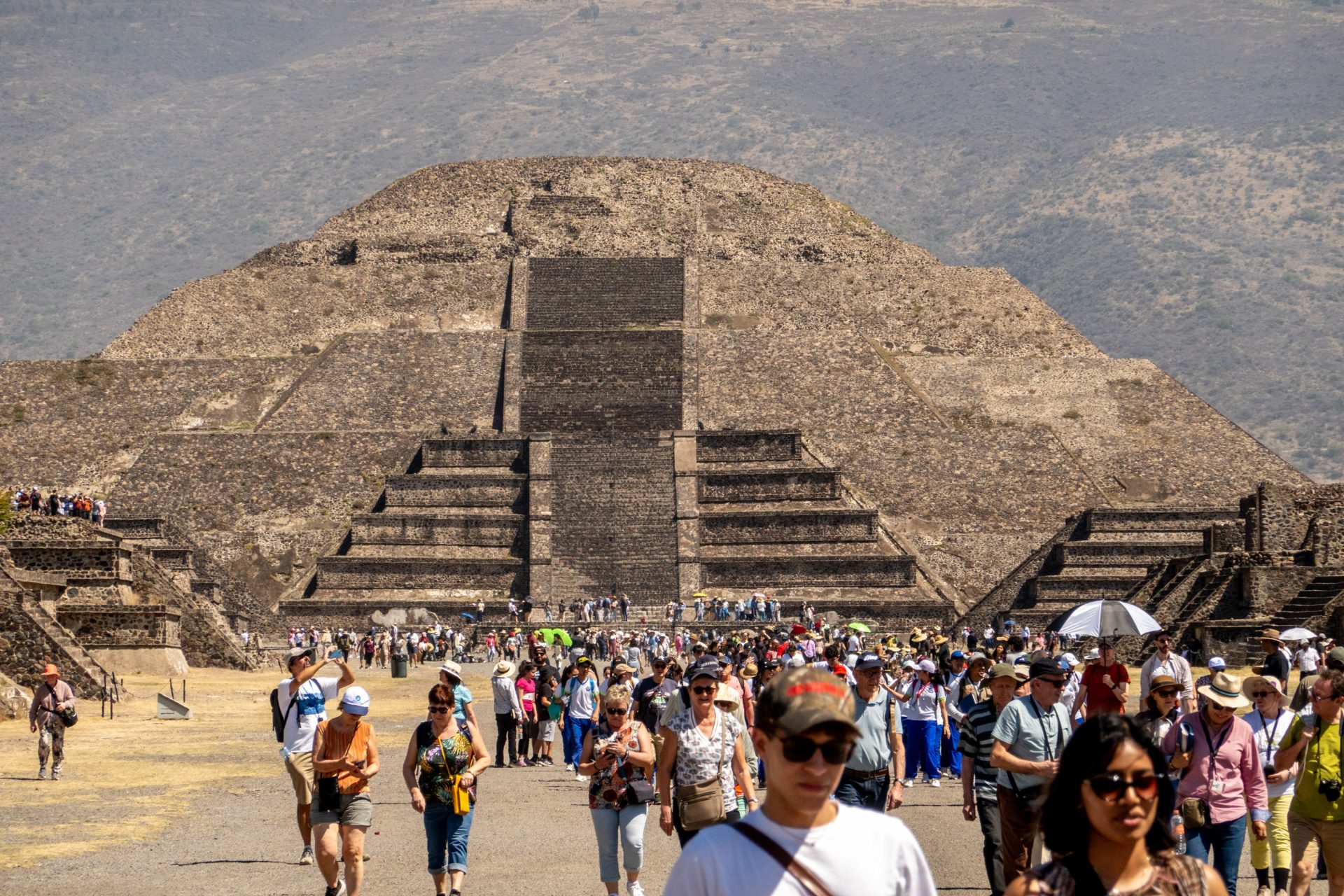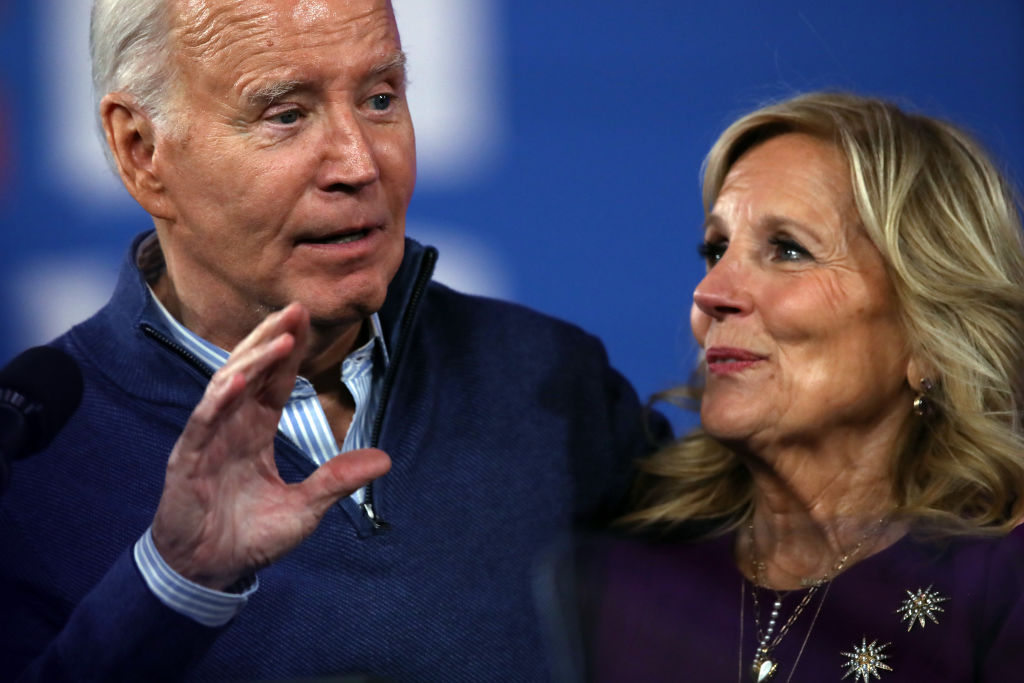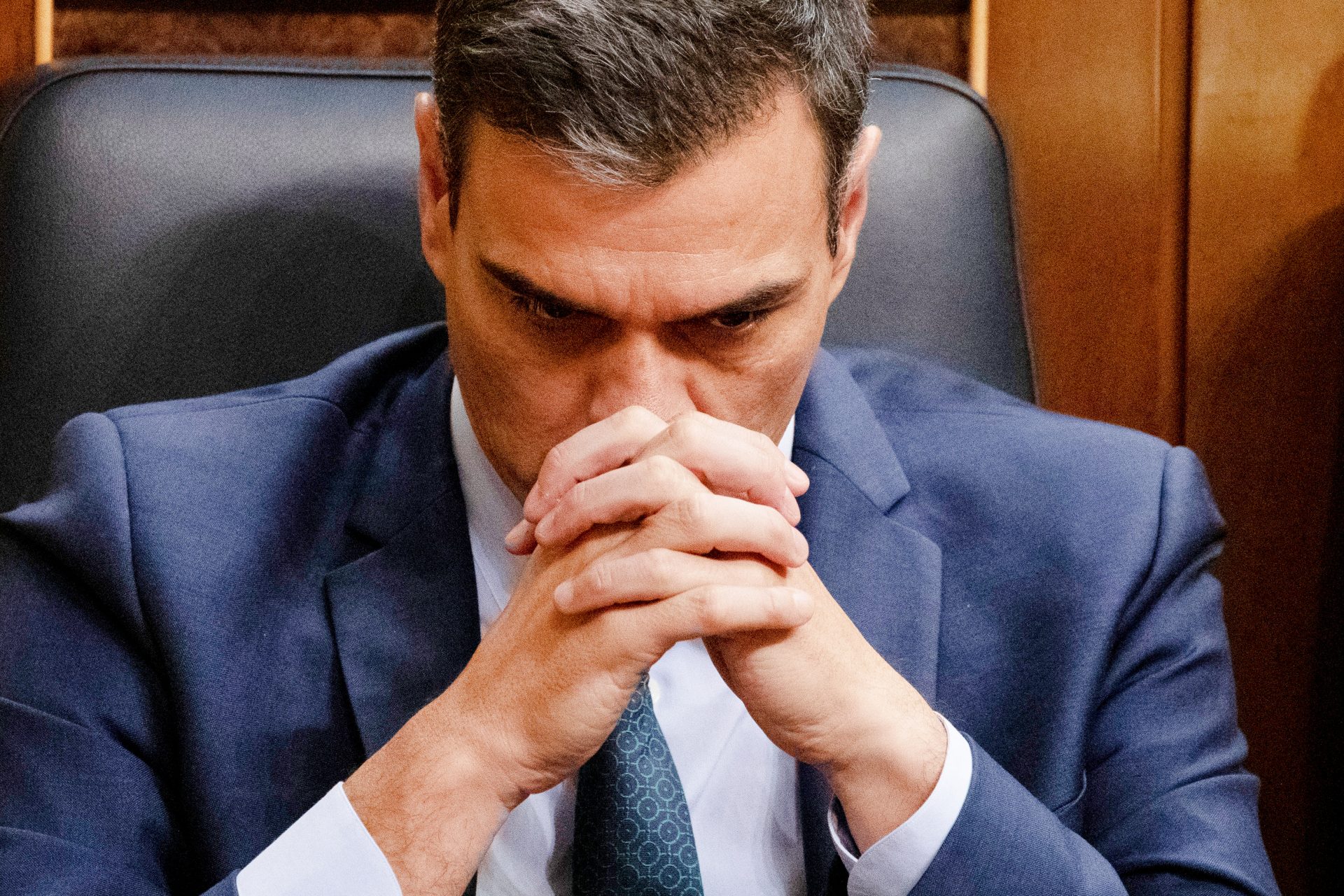Is it time to prepare for societal collapse?
In some circles people have been saying we ought to be preparing for a societal collapse for years now. However, others believe that the complex fall of human society has already begun.
While there isn't a clear-cut declaration that we are in the midst of “societal collapse,” a high-profile UK professor is sounding the alarm that societal collapse isn’t just looming — it's already here.
These are not the words of a paranoid recluse but those of Jem Bendell, a former UN consultant and Professor of Sustainability Leadership at the University of Cumbria's Department of Business, spoken back in 2019.
Bendell predicted in 2017 that societal collapse would begin within a decade, potentially leading to widespread malnutrition, starvation, disease, and war. He stated in a 2017 paper that catastrophe is “probable,” and extinction “possible.”
n a 2023 blog post, Bendell admitted he was wrong about collapse being imminent… because, according to him, it had already started when he made his initial prediction. His book ‘Breaking Together’ elaborates on why he believes this is the case.
Image: jembendell/Instagram
Bendell compares societal collapse to an iceberg that appears stable on the surface but is melting underneath. He argues that societal decline isn't an overnight event but a gradual process, and it's already influencing 'normal life' around the world.
This index is a summary measure of a long and healthy life, being knowledgeable, and having a decent standard of living. While in economically advanced countries, the HDI had been rising every year since 1990, it started declining in 2019. Indeed, there’s been a decline in all regions of the world since 2019.
Image: Human Development Reports UNDP
Climate change is what is really fueling his anxiety, and the latest data reveals that things are getting serious. Climate scientists say 2023 was the hottest year on record. For the first time, on Nov. 17, the global temperature was more than 2C above pre-industrial levels.
While he argues that everything is interconnected, he says that land degradation is a serious issue. By that, he refers to the persistent damage caused by deforestation and contemporary agricultural practices that lead to soil erosion, reduced soil fertility, and disrupted water cycles. This, along with the warming planet, is already wreaking havoc on crops.
Bendell posits that biodiversity loss disrupts ecosystems, affecting agriculture and food security, intensifying climate change impacts, contributing to social instability and economic hardships, and serving as a key element in the early stages of societal collapse.
Bendel speaks to the interconnectedness of environmental changes, resource scarcity, and social instability which could exacerbate conflicts and tensions that might lead to warfare. According to the UN, the number of war deaths has been declining since 1946 but is currently on the rise again.
Bendell suggests that what makes addressing climate change and other problems challenging is our current society’s reliance on constant growth to maintain balance. "That’s because 2 percent growth in any given year is a bigger increase in economic activity than 2 percent growth in the preceding year because it starts from a larger base,” he writes.
While Bendall does not dismiss green technology of renewable energy, he points out that, right now, fossil fuels are needed to produce them. He also says that over-reliance on quick technology fixes distracts from bigger issues like consumerist culture and growth-oriented economic models.
While Bendell once tried to convince lawmakers about the need to take action to avert collapse, he has become disillusioned.
Bendell believes that most organizations, including governmental bodies, are primarily interested in maintaining the status quo and are resistant to acknowledging the severity of our global crises. This realization was a key factor in Bendell feeling disillusioned with mainstream approaches to sustainability.
Bendell argues that instead of focusing on dreams of preventing collapse, it is time for “deep adaptation.” This framework has three main principles and involves non-violence, compassion, and a recognition of interconnectedness… it is not just about surviving the storm but doing so with humanity intact.
This involves creating systems (food, water, energy, etc.) that can withstand shocks and continue functioning. This is why he’s gone to start a regenerative farm and agricultural school in Bali, designed to be not only organic and regenerative but also resilient to near-term climate change and disruptions to supply chains.
This is about letting go of certain lifestyles or behaviors that might make things worse in the future. For him, that has looked like cutting down paid work to 1.5 days per week and spending the rest of the time advocating for adaptation.
This involves rediscovering and revitalizing old knowledge and practices that our modern world may have forgotten but could be helpful moving forward. Bendall says many of the agricultural practices he’s using in Bali come from knowledge of how to farm before modern chemicals and machines were invented.
Image: jembendell/Instagram
In ‘Breaking Together’ Bendell focuses on some of the positive aspects of embracing societal collapse. They include letting go of false hopes, prioritizing what really matters in life, building community, and re-evaluating your role in the world.
This book falls into the trending category of “post-doom.” This is different than just traditional doom because it is a psychological state that has passed through dread and despair and managed to emerge on the other side with renewed purpose and positivity.
He says that this type of orientation is about openness to new ways of life, not contraction and control. “We dig garden beds, not bunkers,” he writes.
While there are many criticisms of this line of thinking on factual or philosophical bases, climate psychologist Jessica Kleczka has a very pointed critique, writing it: “ignores those at the frontline of climate impacts who do not have the luxury of giving up. Talking yourself into accepting death, destruction, and societal collapse is not “adaptation”. It’s siding with those who benefit most from the status quo and do not want us to act.”
The IEA released a 2023 report saying that while the path to limiting global warming to 1.5C has narrowed, clean energy growth is keeping it open. The study was backed by strong research and mapped a pathway to reaching the goals. Bendell would say it’s wishful thinking. What do you think?
More for you
Top Stories



